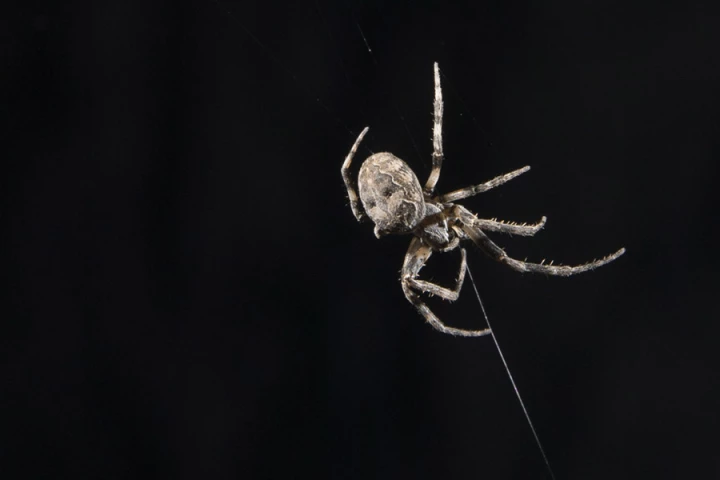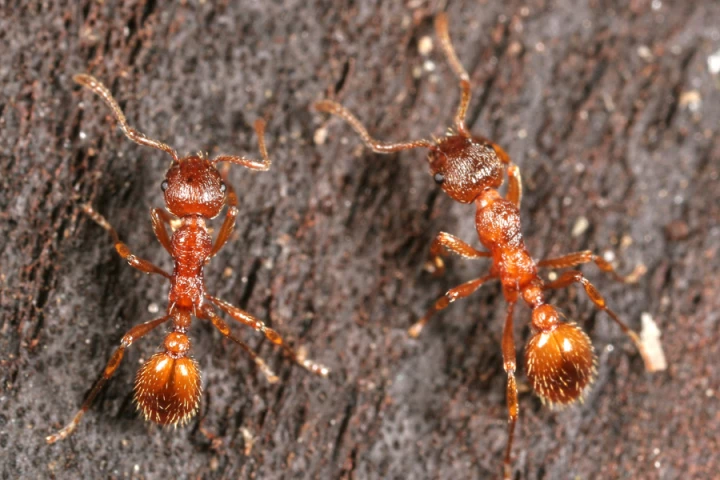Spiders
-
According to Japanese robotics firm TMSUK, there's currently a shortage of sewer-inspection workers in that country. The company has therefore set out to streamline the workload for existing workers, by making a sewage-pipe-inspecting robotic spider.
-
As one of the strongest materials known to science, spider silk regularly finds itself at the center of exciting engineering breakthroughs, but a new study involving a quick chemical bath could see silkworm silk outperform it.
-
While we've seen a number of robotic grippers inspired by various animals, US scientists have now taken a much more "direct" approach. They've devised a method of using actual dead spiders to delicately grasp small objects.
-
Last year, we heard how anole lizards are able to breathe underwater from an air bubble on their nose. One of the scientists involved in that study has now documented a spider doing something similar – although the bubble covers its whole body.
-
Scientists have made another extraordinary discovery concerning spider silk, finding that orb-weaving spiders use their webs as an array to extend their sense of hearing, a finding that could lead to advanced new forms of audio hardware.
-
Scientists exploring the potential of spider silk in next-generation cancer therapies have found yet another use for the natural material, using it to stabilize and enhance a cancer-killing protein known as the "guardian of the genome."
-
Adhesives that hold underwater are elusive, but could be useful for marine repairs or tissue healing. Researchers have now developed a new type of adhesive hydrogel that combines the underwater stickiness of mussels with the strength of spider silk.
-
A new smartphone app is using augmented reality to help reduce a person’s fear of spiders. In a study published in the Journal of Anxiety Disorders the app was found to significantly reduce feelings of fear and disgust after a two-week program.
-
Spider silk is one of nature’s most impressive materials, exhibiting impressive strength and toughness. Now, researchers at Washington University in St. Louis claim to have created an artificial version that can outperform some natural spider silks.
-
New research has demonstrated how a drug candidate built off a molecule in funnel web spider venom can stop the "death signal" that results from a heart attack, potentially providing first responders with a powerful new way to intervene.
-
By mimicking the self-assembling microstructures that give spider silk its incredible strength, scientists have produced a plant-based film with the strength of common single-use plastics, offering a "vegan" eco-friendly alternative.
-
Although spiders do help us by eating pests such as mosquitos, many people still aren't wild about having the things in their homes. Such folks may be interested in new research which suggests that ant chemicals could be used to harmlessly keep spiders away.
Load More











